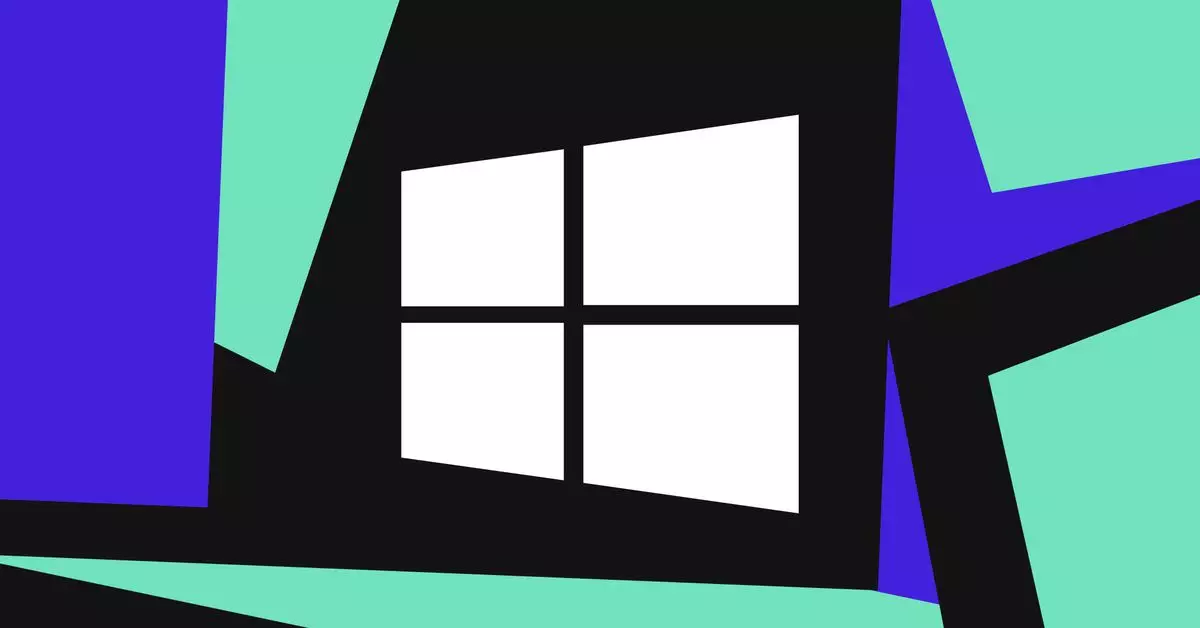In recent developments, Microsoft has halted updates for the Windows 11 version 24H2 due to compatibility concerns with several Ubisoft titles. As reported by Bleeping Computer, this decision stems from widespread user complaints regarding game crashes, particularly affecting popular franchises like Assassin’s Creed and the newly launched Star Wars Outlaws. This article delves into the implications of this compatibility hold and the ongoing efforts between Microsoft and Ubisoft.
The cessation of updates is a significant response from Microsoft, reflecting the severity of user experiences after patching to Windows 11 version 24H2. Players reported issues like games freezing during launch or gameplay, and, in worse scenarios, encountering a black screen that renders the game unplayable. Games affected by this issue include notable titles like Assassin’s Creed Valhalla, Origins, and Odyssey, as well as the anticipated Star Wars Outlaws and Avatar: Frontiers of Pandora.
The compatibility hold, described by Microsoft in its latest status update, is a precautionary measure while they collaborate with Ubisoft to resolve the underlying problems. This move underscores the escalating challenges faced by tech companies in ensuring seamless integration of software and gaming platforms, particularly with titles that boast extensive graphics and interactive elements.
Following the wave of complaints, Ubisoft has taken proactive steps by launching a temporary hotfix aimed at mitigating some of the issues players are facing. The update, denoted as version 1.0.4.0, is a critical attempt to stabilize performance, although Ubisoft cautioned that users might still experience occasional performance hiccups until a comprehensive solution is developed.
This situation highlights the complex relationship between hardware updates and game performance. As gaming becomes increasingly reliant on robust operating systems, any incompatibility can potentially lead to widespread dissatisfaction among gamers and tarnish the reputations of both Microsoft and Ubisoft.
From a broader perspective, this incident serves as a reminder of the delicate balance developers must maintain between innovation and usability. While updates to operating systems are often intended to bolster security and functionality, they can unintentionally disrupt existing software, especially in the gaming sector. For many gamers, the experience of diving into a new title can be significantly marred by such technical issues, leading to frustration and disengagement.
Moreover, the fallout from this situation can extend beyond immediate gameplay experiences. Players who encounter persistent issues might choose to voice their frustrations on forums and social media, potentially influencing new customers’ purchasing decisions. The reputation of both Microsoft and Ubisoft hangs in the balance, and how they navigate this incident could greatly impact customer loyalty in the long run.
As the tech and gaming industries continue to evolve, the interactions between hardware updates and software functionality will remain pivotal. The current standoff between Microsoft and Ubisoft serves as a case study in the challenges of modern gaming. While both companies are scrambling to address user concerns, gamers can only hope for a swift resolution to these compatibility headaches. Moving forward, a stronger emphasis on pre-release testing and better communication between developers and operators might be essential in preventing similar issues in the future.


Leave a Reply